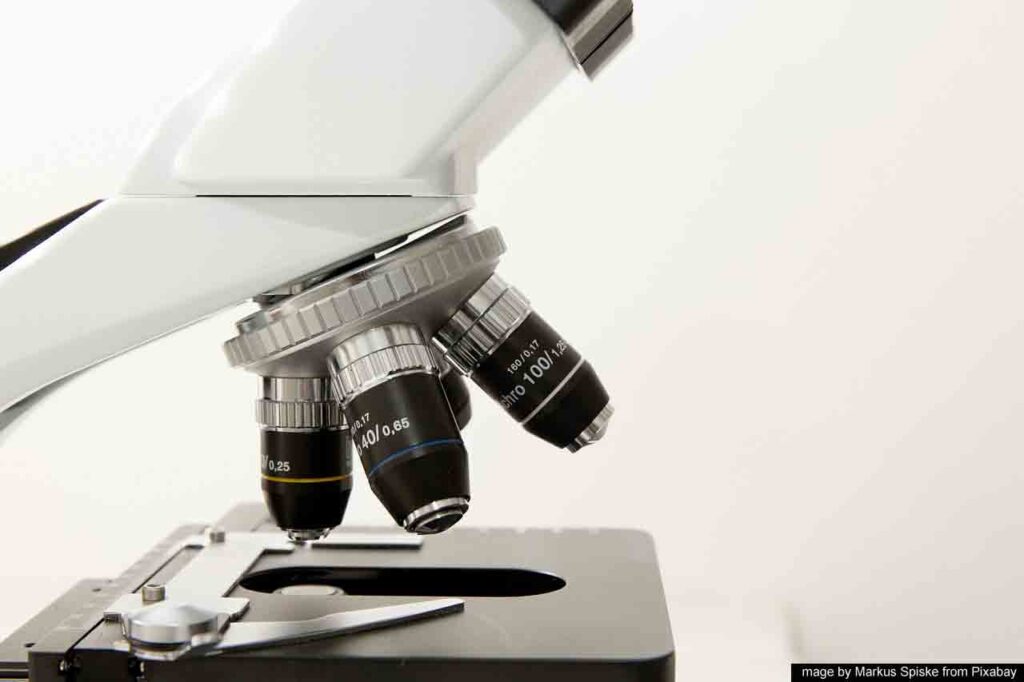Library image – Image by Markus Spiske from Pixabay
University of Kent reports that academics Professor Mark Smales and Professor Kathy Kotiadis are set to lead an £8.2 million project supported by a £3.8m Research England grant which will unite England’s world-class diagnostics expertise to accelerate the development and application of tools to improve disease diagnosis.
The project will see Kent launch a Centre for Advanced Diagnostics Development and Application (CADDA) in collaboration with the University of Manchester (Lead Professor Alan Dickson) and University College London (UCL, Lead Professor Jolene Skordis) to bridge the gap between academia, industry and end users.
Diagnostics are used in approximately 70% of clinical decision making and have the ability to help transform human and animal health. However, in the UK, the majority of companies developing diagnostics are small and medium enterprises (SMEs), who often do not have access to the required knowhow and expertise, skills and technical capacity to develop diagnostics from innovation to market.
CADDA will help address this by facilitating the coordinated development of diagnostics in England and the UK, supporting the transition of diagnostics technology, business development and data analysis from academic partners into SMEs and larger companies, and ultimately delivery into health and agricultural systems. It will do so by fostering a community of practice with knowledge exchange and collaborative innovation at its core.
Professor Mark Smales, from Kent’s School of Natural Sciences, and Ireland’s National Institute for Bioprocessing Research and Training (NIBRT), co-Director of CADDA, said:
‘Through coalescing and harnessing the breadth of world class expertise in the UK across universities and research institutes, industry, SMEs, clinicians/end users, regulators and investors, we will be able to bring high quality innovative diagnostics faster to market; our medical community will be able to diagnose medical issues and save lives; and animal health and security will be enhanced. This will collectively provide wider societal and economic benefits to the UK.’
Professor Kathy Kotiadis, from Kent’s Business School and co-Director of CADDA added:
‘We are excited to support the business development needs of the diagnostics sector. SMEs often face significant barriers to expansion due to limited access to expertise and information, hindering their ability to introduce new diagnostics to the market, a gap CADDA will fill.’
Professor Alan Dickson, Professor of Biotechnology at the University of Manchester said:
‘We are excited to be a key partner of this major new collaborative Centre. Translating academic research into the real world is a consistent barrier for most new technologies. CADDA will address this by bridging the gap between academia and SMEs, and the Manchester Institute of Biotechnology will bring key skills in not only foundational biotechnology, but a successful history of working relationships with industry to inform the project.’
Professor Jolene Skordis, Professor of Economics at UCL said:
‘Rapid, accurate and lower-cost diagnostic tools are vital to the efficient working of health and agricultural systems. The UK is well positioned to be a global innovator in diagnostics development – sharing with, and learning from, our partners around the world to improve health and wellbeing. UCL is proud to partner with the Universities of Kent and Manchester on the delivery of this novel consortium.’
Professor Shane Weller, Deputy Vice-Chancellor for Research and Innovation at Kent, said:
‘I am delighted at the success of this major collaborative funding bid which will maximise the diagnostics strength at Kent and partners to fill an unmet need in sharing knowledge, supporting innovation in human and animal diagnostics in a unique single coordinated National Centre, ultimately benefitting the UK public and UK plc.’
The University of Kent will be hosting a public launch event for the Centre on 8 April 2025.
